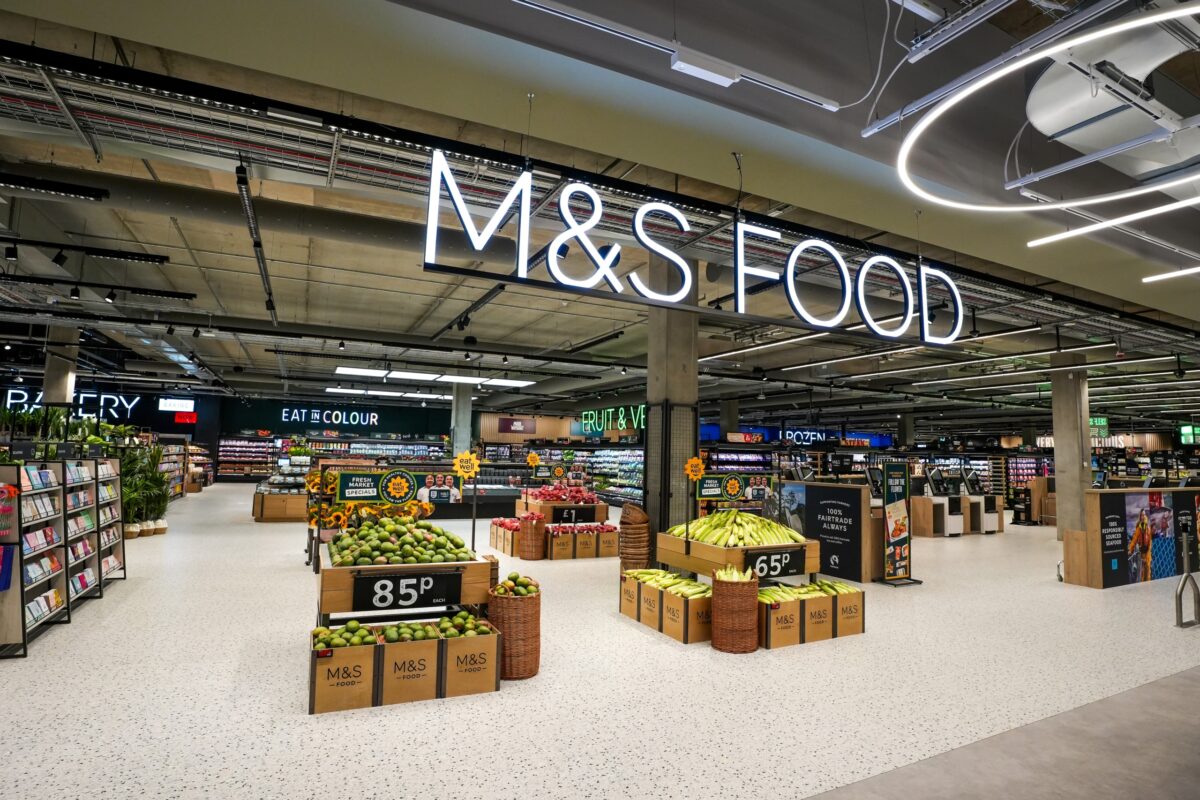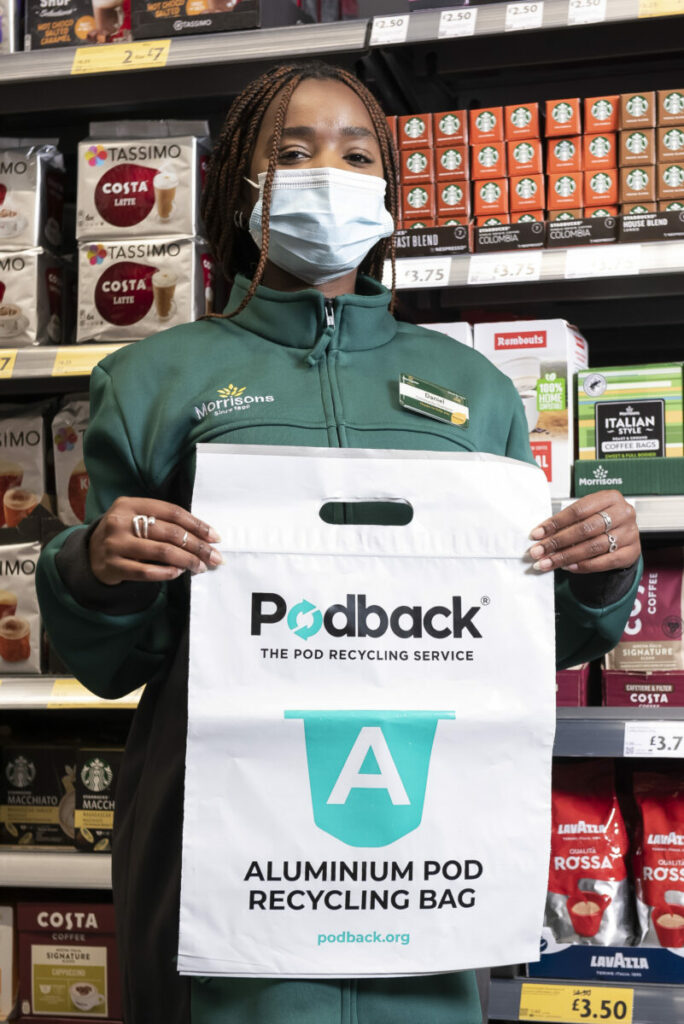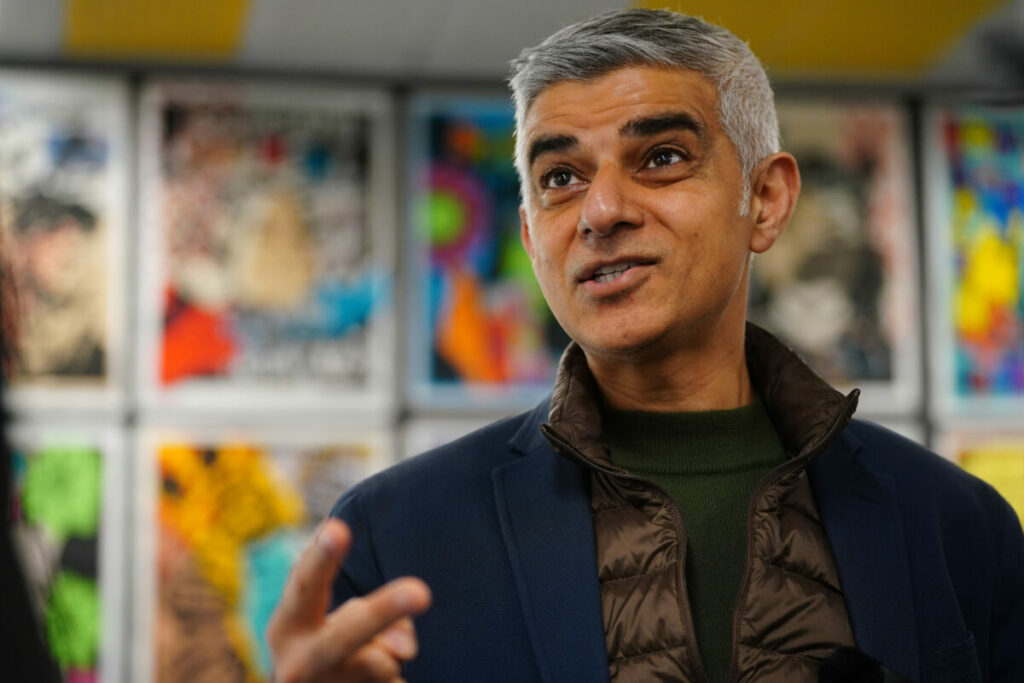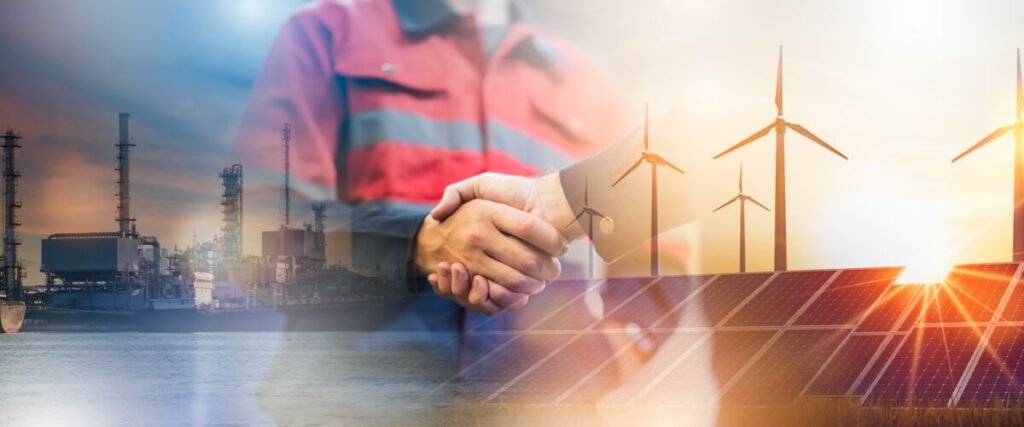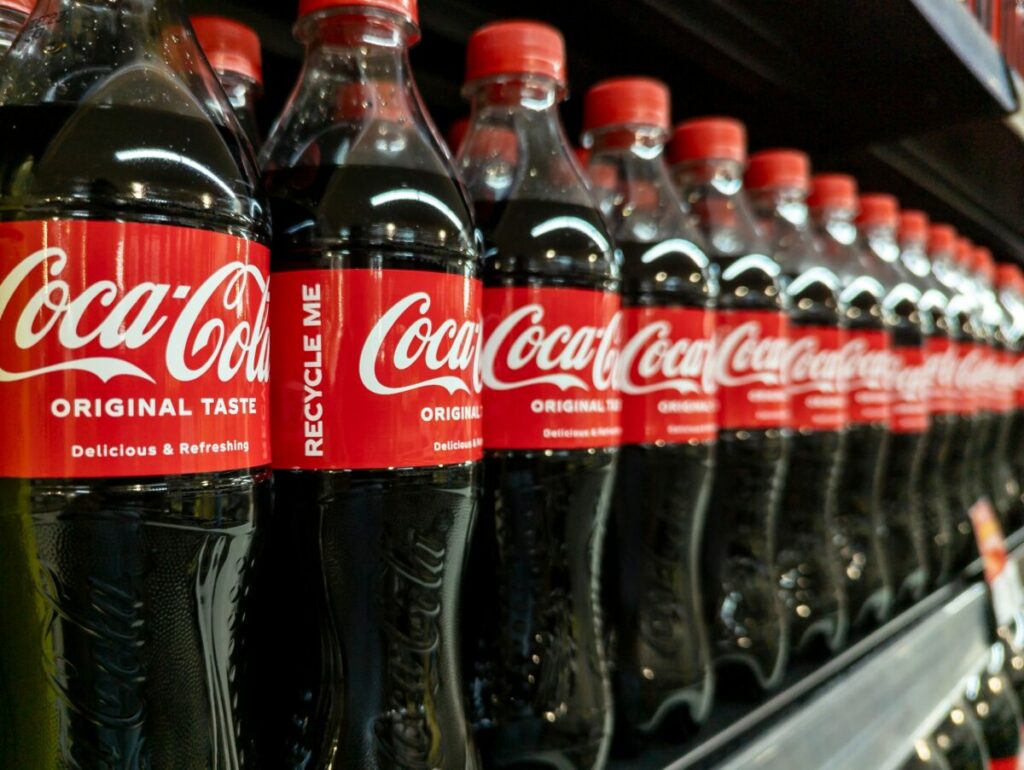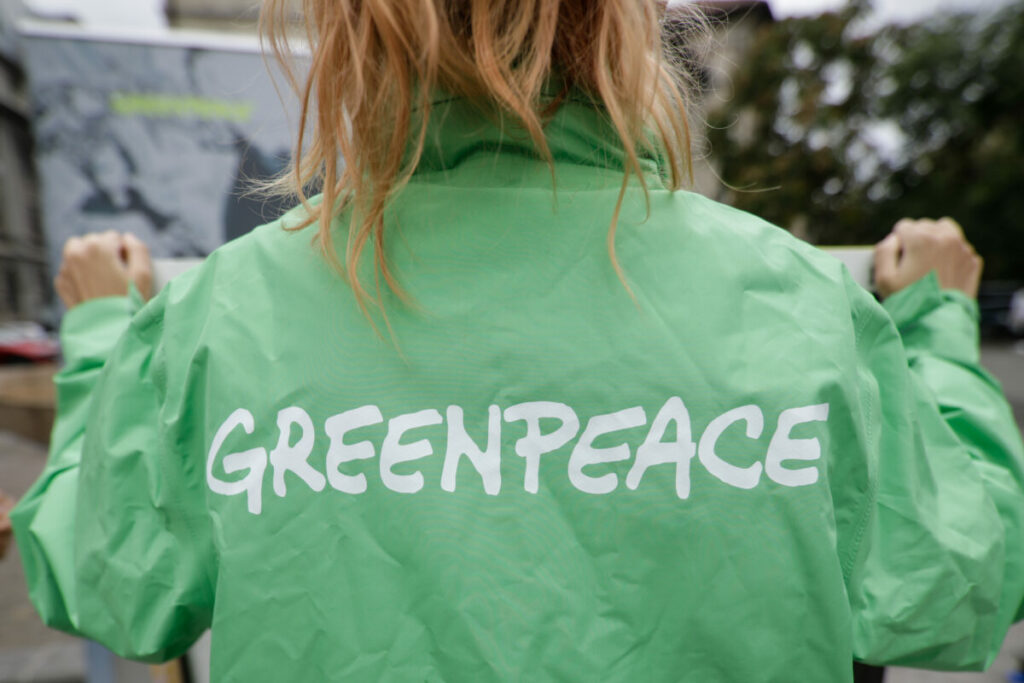A series of investments designed to tackle scope 3 emissions are driving M&S’ plans to help it become a ‘net zero business’ across all its operations and entire value chain by 2040.
Eight new initiatives have been funded by M&S’ £1m Plan A Acceleration Fund which supports projects addressing challenges and supporting innovation that will help the retailer reduce emissions.
Separately, the retailer is also investing £1m in changing the diet of the pasture-grazed cows to reduce the amount of methane being produced and released into the atmosphere.
working in partnership with long-standing and new suppliers to take rapid action towards net zero through a series of innovation projects.
A first for the UK, the initiative will see M&S working with all 40 of its Select dairy farmers, removing around 11,000 tons of greenhouse gas emissions from the atmosphere each year, and cutting its fresh milk carbon footprint by 8.4%.
“I talk a lot about the ‘magic of M&S’ – and a key part of this is our commitment to innovation,” said M&S CEO Stuart Machin
“It’s in our DNA and, along with our unique model of own brand, long term supplier partnerships, it’s how we deliver the quality and trust our customers expect from us.”
Subscribe to Sustainability Beat for free
Sign up here to get the latest sustainability news sent straight to your inbox everyday
One of the first projects to be supported by the Plan A Accelerator Fund sees M&S asking customers to donate their unwearable clothes to Oxfam, where they will be recycled and turned into new material.
Elsewhere in the business, a new trial will use AI data to predict a store’s optimal heating, ventilation and air conditioning controls, a move which could save around 2,000 tonnes of carbon and around £3m annually.
Other initiatives will be looking at renewable energy generation, introducing polytag technology and using new agricultural tech to use low carbon fertilisers, biological controls and autonomous farm vehicles and drones.
“By turning our obsession with innovation towards climate change and tapping into the entrepreneurial spirit of our suppliers we can turbo charge our drive to be a net zero business across all our operations and entire supply chain by 2040,” Machin continued.
“I’m excited by the big difference these small changes could make to some of the toughest climate challenges we face.”


